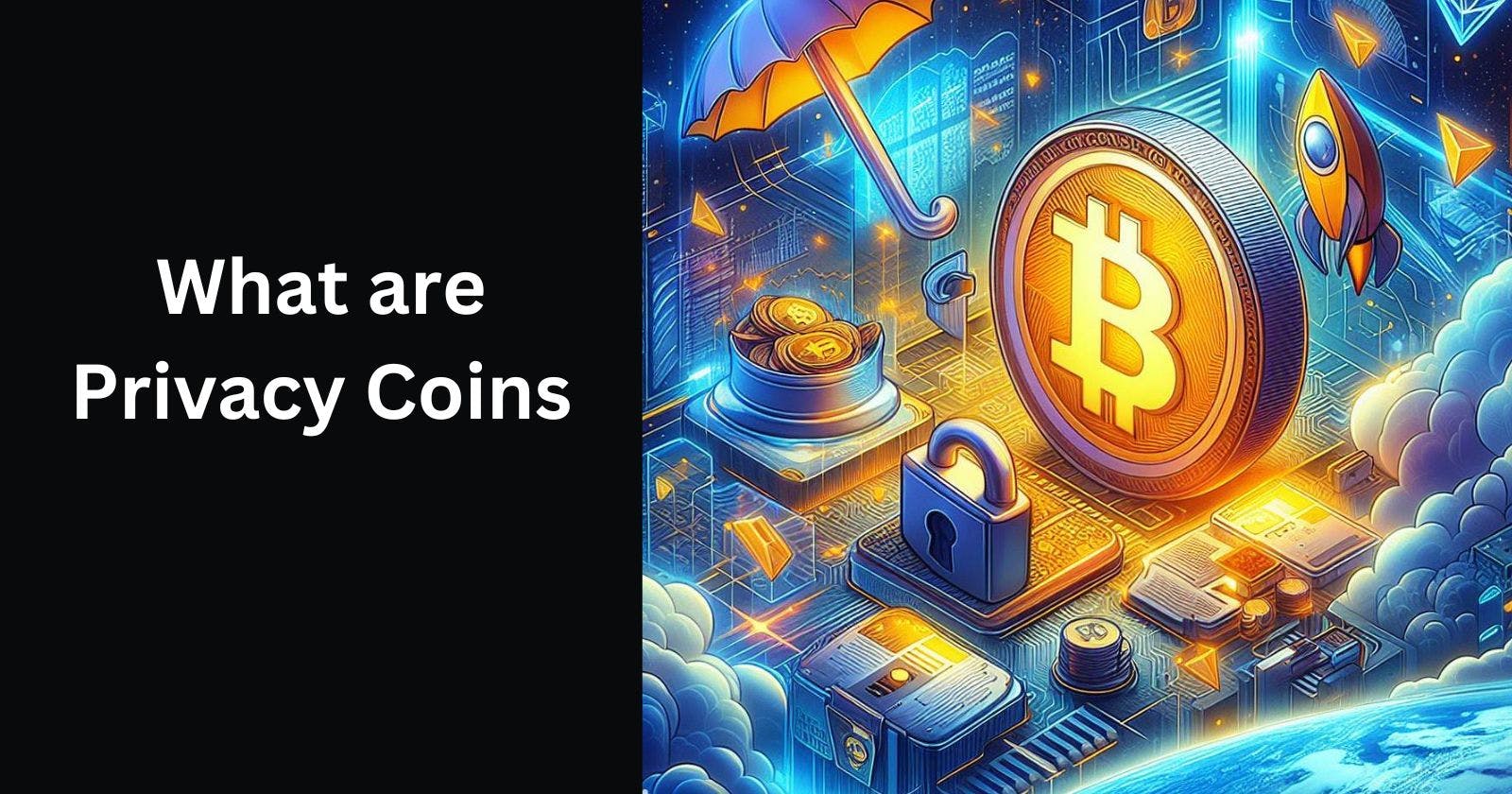Privacy is a right, but it often feels compromised in today's digital world. Every website visit and online purchase leaves a trail of data that follows us around. As much as we may try to protect our privacy, it can feel like an uphill battle.
That's where privacy coins come in - cryptocurrencies are built to conduct transactions without leaving personally identifiable information behind. As someone who cares about personal freedom and data security, I think privacy coins are an important innovation. However, they also come with some downsides to consider.
What Makes a Privacy Coin Private?
Most cryptocurrencies like Bitcoin and Ethereum aren't fully anonymous. Transactions are recorded on public blockchains, where wallet addresses can potentially be linked back to real identities.
Privacy coins use innovative cryptography to obscure transaction details. When I send a privacy coin payment, the coins move between randomized addresses not directly tied to my identity. Technologies like ring signatures, stealth addresses, and zero-knowledge proofs help achieve this anonymity.
I can't deny there's something appealing about financial privacy in an age of rampant data mining and profiling. But it comes with trade-offs.
Evaluating the Pros and Cons
I like that privacy coins give me more control over my financial data and transactions. As someone concerned about consumer rights, privacy coins align with my personal values. However, wider adoption does rely on everyday people seeing benefits in anonymous transactions.
Potential downsides revolve around illegal uses - the alt-right extremist group responsible for the 2017 Charlottesville attack allegedly accepted Monero donations. Online black markets like the now-defunct Silk Road marketplace commonly use privacy coins. Of course, cash is also used illegally, but connecting additional anonymity to cryptocurrency does raise ethical issues.
Government pushback is also a concern. India has floated bans on privacy coins. From a regulatory perspective, it makes sense - anonymous transactions enable tax evasion and money laundering. But overreach also compromises civil liberties. There are reasonable arguments on both sides.
What Does the Future Hold?
Will privacy coins remain a niche interest or enter the mainstream? As data privacy concerns grow, adoption may increase. Innovations like Confidential Transactions and Dandelion could make transactions even more anonymous while offering mechanisms for legal compliance.
However, widespread use as an everyday currency seems doubtful unless major merchants accept anonymous coins. And without regulatory clarity, most businesses shy away from potential legal complications or reputational risks.
Personally, I'm hopeful privacy coins balance personal freedom with responsible oversight. However, it will likely require constructive dialogue and cooperation from users, developers, businesses, and global regulatory bodies. Getting these diverse stakeholders aligned poses challenges.
My Takeaway: Cautious Optimism
Privacy coins offer clear benefits in theory - financial autonomy aligned with personal data rights. And they highlight important conversations about balancing transparency, privacy, security, and liberty. However, reasonable concerns exist around ethical tradeoffs. But with ongoing innovation and an openness to progress, they have the potential to responsibly evolve.
I'm cautiously optimistic about privacy coins - enthusiastic about possibilities but also pragmatic about limitations. As uptake grows, I hope to see ethical guidelines and regulatory structures develop alongside maturing technology.
Responsible anonymity remains an elusive sweet spot between unchecked freedom and overreach surveillance. But exploring this nuanced middle ground builds a fairer future.

